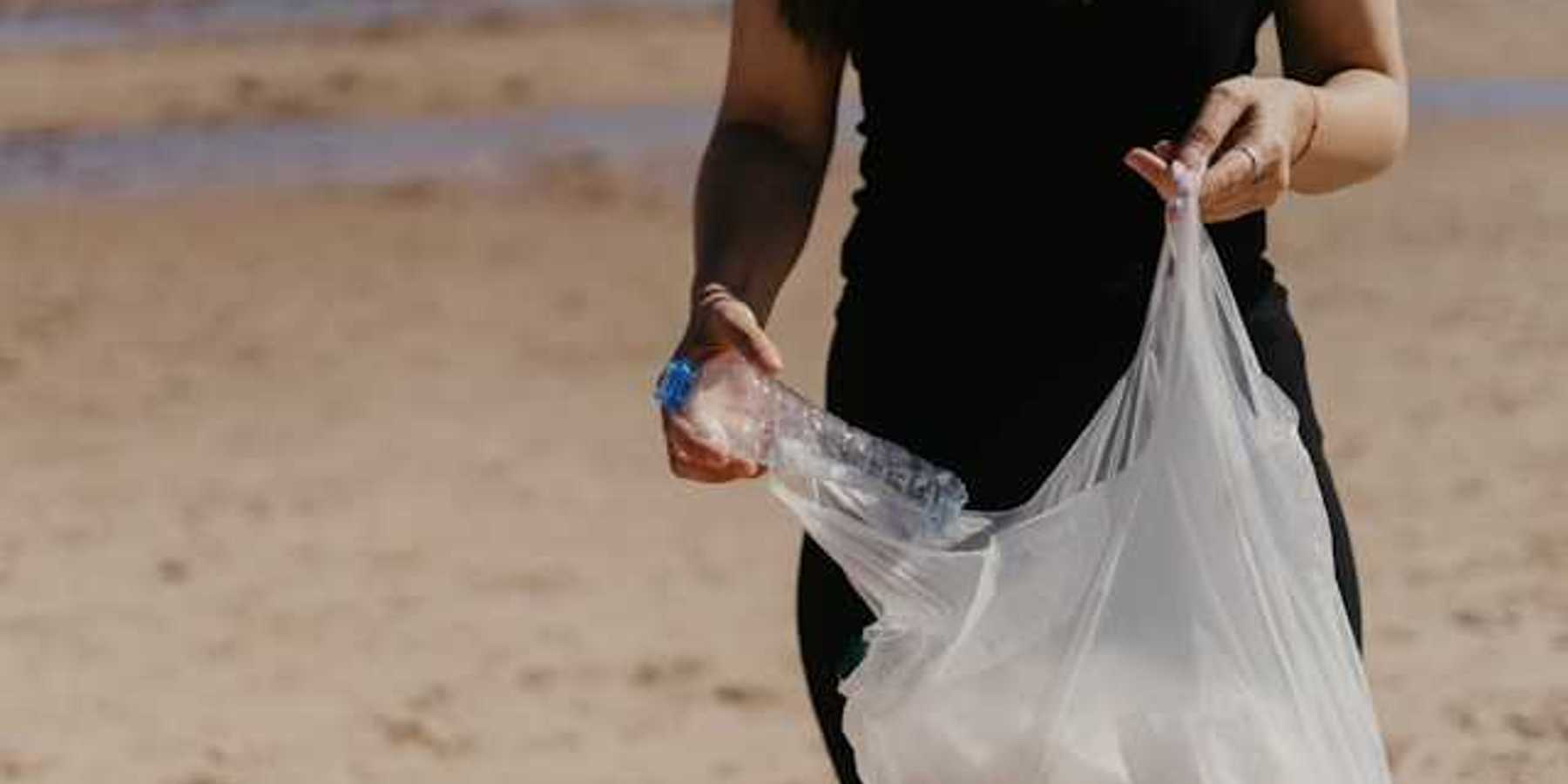Forecasts warn of intensifying hurricane season as NOAA faces deep budget cuts
Scientists are bracing for a dangerous 2025 Atlantic hurricane season, even as the Trump administration pushes steep cuts to the National Oceanic and Atmospheric Administration (NOAA), the federal agency responsible for storm forecasting.
In short:
- Forecasters from Colorado State University and AccuWeather expect an above-average Atlantic hurricane season, driven by unusually warm ocean temperatures, with up to 10 named storms and at least four major hurricanes likely.
- The Trump administration, through the Elon Musk-led Department of Government Efficiency (DOGE), plans to cut NOAA’s budget by 25% and eliminate its research arm, jeopardizing critical forecasting tools like buoys, weather balloons, and hurricane-hunting aircraft.
- Scientists fear these cuts will reduce forecast accuracy and delay warnings, especially during rapid intensification events when hurricanes quickly strengthen, threatening lives and infrastructure.
Key quote:
“Now we are nervous if those data will be provided — and will be provided on time — from NOAA.”
— Xubin Zeng, director of the Climate Dynamics and Hydrometeorology Center at the University of Arizona
Why this matters:
NOAA's data help scientists warn communities about deadly hurricanes, track flooding threats, and prepare emergency responses. In recent years, the Atlantic has grown hotter, fueling stronger and more erratic storms. Hurricanes that rapidly intensify — jumping in strength overnight — are becoming more common and more dangerous. Accurate forecasts don’t just inform storm tracks; they guide evacuations, protect hospitals and nursing homes, and limit economic damage. If NOAA’s capacity is gutted, warning systems could fail at the worst possible moment. Public safety would hinge on outdated models or privatized forecasting that may not reach vulnerable populations. Disabling NOAA’s infrastructure in the face of escalating climate risks could mean the difference between life and death for those in the path of extreme weather.
Related:













